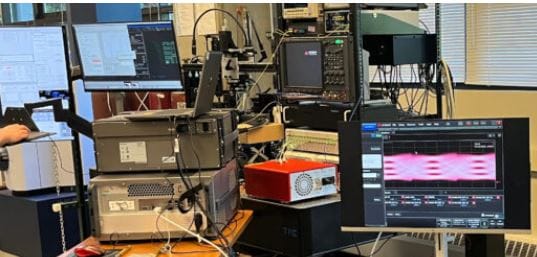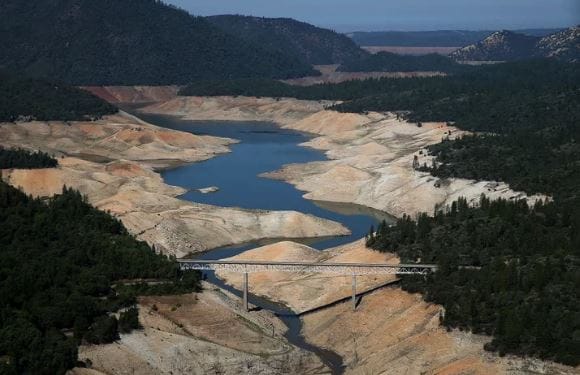
What are MOFs and why they are important global water supply
Metal–Organic Frameworks (MOFs) are one of the most promising materials ever discovered for solving critical global challenges—including water scarcity. Synthesized in the early 2000s by Prof. Omar Yaghi at UC Berkeley, MOFs are crystalline materials made from metal ions (like aluminum or zinc) bound to organic molecules known as ligands. The result is the most porous substance on Earth: a single gram of MOF can have a surface area larger than a football field.
Represent a significant opportunity to address the global water crisis. New companies are forming to capitalize on this technology advance.
What makes MOFs remarkable for atmospheric water generation (AWG) is their ability to act like a molecular sponge. Each MOF contains hundreds of microscopic chambers that trap water molecules from the air—even in extremely dry environments like deserts. Through chemical tuning, MOFs can become hydrophilic, efficiently absorbing moisture even at relative humidity levels as low as 10%. Unlike traditional desiccants, they can be regenerated at low temperatures, requiring far less energy to release the water.
MOFs are also highly durable, with only about 2% material degradation per year, and are fully recyclable—making them a sustainable solution for long-term deployment. Just 25 kilograms of MOF material can yield up to 500 liters of fresh water per day, enabling practical water generation for off-grid, disaster relief, and drought-stricken areas.
Atoco—led by MOF pioneer Professor Omar Yaghi—to supply next-generation MOFs for its water harvesting devices. This partnership ensures scalable, high-performance MOF production critical for commercialization.
Globally, companies like Water Harvesting Inc. and Transaera are commercializing MOF-based systems for rural water access and climate-resilient cooling. Universities such as Khalifa University in the UAE are pushing the boundaries of desert water harvesting. London based Ahbstra is at the forefront in this development.
In a world where water scarcity is accelerating due to climate change, MOFs offer a scalable, clean, and decentralized solution. As innovation moves from lab to market, MOFs may redefine how humanity sources water—by pulling it straight from the air.
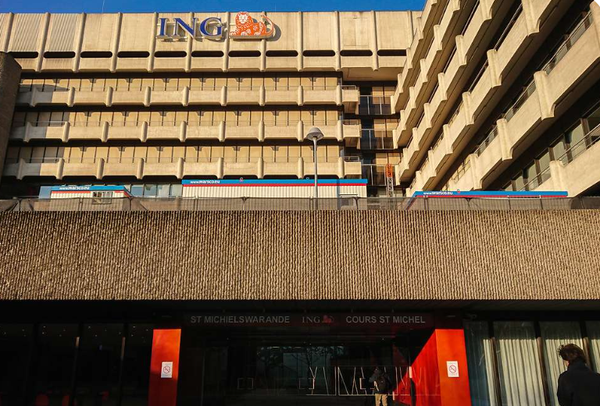
Revolutionizing Water Management: How Technology is Tackling Water Waste in Buildings.
Shayp client ING went live in 2022 and has already saved over 3 million litres per year. In a couple of months, they were able to avoid 473 kg of carbon emissions by just monitoring their water and taking action efficiently.
Altru Research initiates coverage on water creation firm Ahbstra Engineering which uses metal organic frameworks (MOFs) to create potable water from air.
NEW YORK – Altru Research announced it will begin coverage of Abhstra Engineering, a London based early-stage company developing a new approach to atmospheric water generation (AWG). The company’s major innovation was to recognize the potential of MOFs. Metal Organic Frameworks a significant discovery in the material sciences that emerged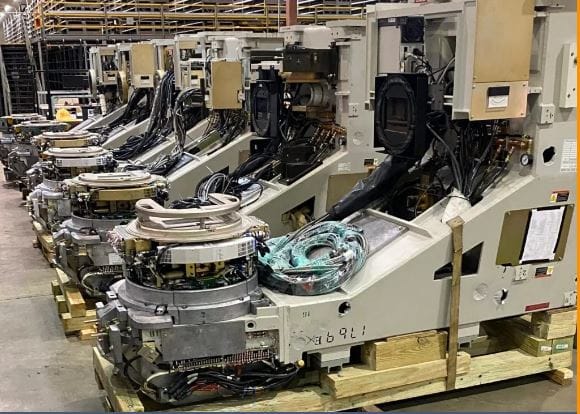
Pulse Unveils Breakthrough Technology to Eliminate 'Forever Chemicals' from Wastewater by using Pulsed Plasma and Electron Beams
In the global race to tackle PFAS contamination—often called “forever chemicals” for their resistance to breakdown—U.S.-based Pulse Wastewater has emerged with a potentially game-changing approach that aims not just to capture these pollutants, but to destroy them entirely. PFAS (per- and polyfluoroalkyl substances) have been widely
Revolutionizing Water Management: How Technology is Tackling Water Waste in Buildings.
Shayp client ING went live in 2022 and has already saved over 3 million litres per year. In a couple of months, they were able to avoid 473 kg of carbon emissions by just monitoring their water and taking action efficiently.
Pulse Industries to Build First Mass-Production Facility for Industrial Linear Accelerators which can be applied to water treatment systems capable of destroying ‘forever’ chemicals.
MARIANNA, FL – Pulse Industries will establish a 278,000-square-foot advanced manufacturing facility at the Marianna Airport Industrial Park, marking a transformative milestone in the mass production of linear accelerator systems. This initiative will create hundreds of skilled jobs and profoundly expand the accessibility of electron beam technology for diverse global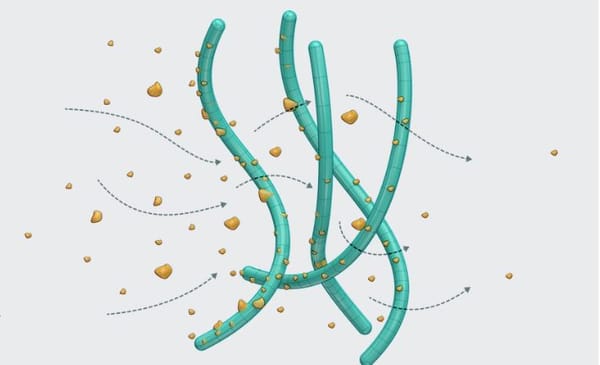
Pilot success at Atlantic County Utilities Authority (ACUA) paves way for full-scale deployment of PolyGone Systems micro-plastic removal technology
Atlantic City, NJ — November 8, 2025 — A year after the grand unveiling of the micro-plastic removal pilot at ACUA’s wastewater treatment facility, the partnership between PolyGone Systems and ACUA is now transitioning into a full-scale implementation phase — marking a significant milestone in the fight against micro-plastic pollution in treated
Dryp Unveils “Lens” Platform to Unite Utility Data Streams. Integration of diverse data streams from utilities into a unified interface can result in 90% reduction in data analysis time.
Copenhagen, Denmark — November 8, 2025 — Danish cleantech firm Dryp A/S today announced the launch of “Lens”, a new hydraulic-data visualisation and analytics platform designed to integrate diverse data streams from utilities into a unified interface. Utilities amass vast volumes of information — from SCADA pump readings and GIS maps, to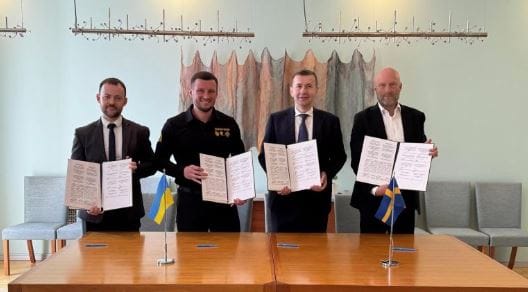
Swedish Water technology Wayout signs Ukrainian MoU to Rebuild Water Services in Kherson regions hardest-hit by water supply collapse—especially following the Kakhovka Dam breach and sustained hostilities.
KYIV, Ukraine – A new memorandum of understanding (MoU) has been signed between the Swedish-based technology firm Wayout and the Ukrainian government, signaling a milestone in reconstruction efforts for war-hit water infrastructure in the southern region of Kherson. At a ceremony held at the Swedish Embassy in Kyiv, Wayout’s Founder